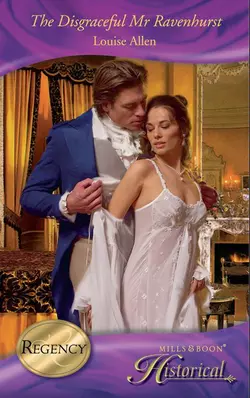The Disgraceful Mr Ravenhurst

Louise Allen
Тип: электронная книга
Жанр: Современная зарубежная литература
Язык: на английском языке
Стоимость: 465.10 ₽
Статус: В продаже
Издательство: HarperCollins
Дата публикации: 16.04.2024
Отзывы: Пока нет Добавить отзыв
О книге: We hear the notorious Mr R– while searching for a stolen artefact, has had his attention caught by the unlikeliest of treasures… Stumbling upon his dowdy cousin Elinor on the Continent, Theo Ravenhurst hardly believes his luck. His dangerous lifestyle appears to have finally caught up with him, and her family connections could be put to excellent use…Theo is convinced Elinor’s drab exterior disguises a fiery, passionate nature. He gives her the adventure she’s been yearning for – and along the way discovers his new-found accomplice has talents beyond his wildest imagination…Those Scandalous Ravenhursts